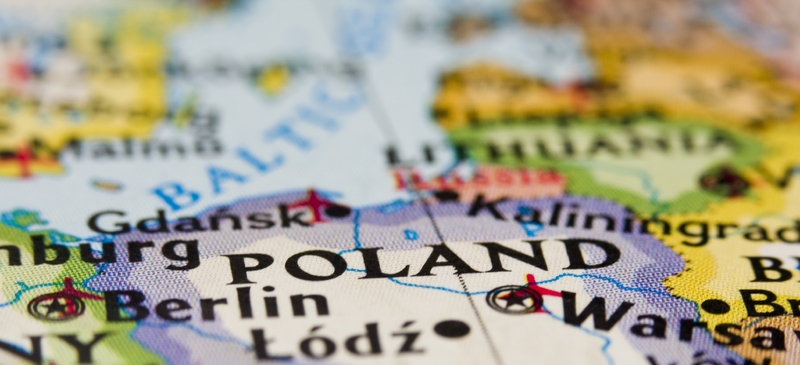
Poland's bold new foreign policy
by Charles Grant
As far as the rest of Europe was concerned, the worst thing about Poland’s Law and Justice government, led by Jaroslaw Kaczynski (and supported by his twin brother, President Lech Kaczynski), was its foreign policy. The twins’ attitude towards Russia, Germany and – sometimes – the EU was confrontational. The Civic Platform government that took over in October is shifting Poland’s foreign policy. Its ministers often speak to the Germans without reminding them of the war. More controversially, the government is trying to build bridges with Russia. Moscow has lifted its ban on meat exports from Poland, while Warsaw has consulted the Russians about the Bush administration’s plans to deploy missile defence systems in Poland. Prime Minister Donald Tusk is much less enthusiastic than the Kaczynskis about missile defence.
The Civic Platform government is even contemplating a radical shift in policy on gas pipelines. With help from German companies, Gazprom plans to build the Nordstream pipeline, under the Baltic Sea, to Germany. The economics of this project are rather a mystery. It will cost much more than a new land pipeline from Russia to Germany, passing through Poland. Many Poles therefore see Nordstream as a geopolitical threat: it would allow Russia to cut off gas to Poland without blocking supplies to Germany and the rest of Europe. Poles of all political stripes have therefore attacked the planned pipeline as a threat to their national security.
But Angela Merkel’s government, though keen to see warmer relations with Warsaw, continues to back Nordstream, and the odds are that it will be built. The Germans are now trying to persuade the Poles to join the project. The gas from Nordstream will run over German land near the Polish border. A short spur could take the gas into Poland. Some members of the Civic Platform government see the undoubted geopolitical benefits of joining the project: Russia could not squeeze gas supplies to the Poles if they could draw on Nordstream gas.
But two issues are making the government hesitate before abandoning its opposition to Nordstream. One is the economics of the project. If joining Nordstream meant that Poland had to take on a significant share of the huge costs of building the Baltic pipeline, it might not be worth it. However, some Poles believe that they can play on the Germans sense of guilt – they embarked on Nordstream without consulting the Poles – to get them to pay most of the bills. The second issue is Polish politics. If Tusk’s government ‘gives in’ to the Russians by supporting their pipeline, it will be hugely controversial. Jaroslaw Kaczynski would attack the government for failing to stop Nordstream and for pandering to Russia.
Although defeated in last October’s parliamentary election, Law and Justice remains powerful. The party increased its share of the vote from 27 to 32 percent, and only lost because support for its far-right allies, the League of Polish Families and Self-Defence, collapsed. The party’s hold on the presidency means that it can veto legislation promoted by the government.
Law and Justice is already attacking Civic Platform over missile defence. Both Kaczynskis want to get American missiles onto Polish soil as quickly as possible. They believe that participation in US missile defence systems will increase the security bond between Washington and Warsaw, and provide extra insurance against potential Russian aggression.
Tusk and his foreign minister, Radek Sikorski, take a different line. They argue – in my view rightly – that missile defence would enhance American security but worsen Polish security. Poland is not threatened by any putative Iranian missiles. If the US installed missiles on Polish soil, it would stoke up Russian hostility to Poland. The Polish government is therefore telling the US that, in return for taking the missiles, it wants: new air-defence systems, such as Patriot 3, to protect the missile site; agreements from the US to protect the missile base; and American investment in the Polish defence industry. Poland is therefore diverging from the Czech government, which is due to take the radars for the US system, and is much more enthusiastic about missile defence (although public opinion in both Poland and the Czech Republic would rather opt out).
Even if the US says yes to all the Polish demands, which is unlikely, I doubt that Tusk will sign up to anything so long as George W Bush is in office. There is considerable mistrust between some senior people in the Tusk and Bush governments. Poland will probably wait till the next president takes office, see what he or she wants to do, and then take a view. That kind of caution would probably in Poland’s best interests, even though the twins will attack the government for going soft on the Russians.
Charles Grant is director of the Centre for European Reform.
